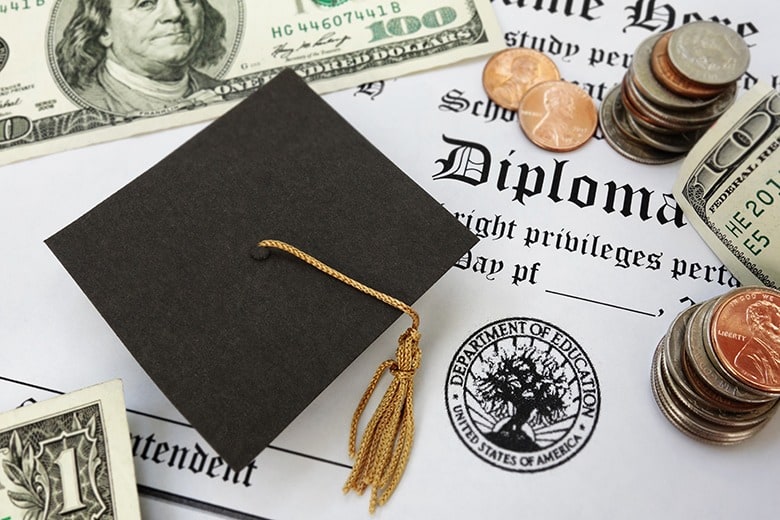Student loan payments can be a heavy burden for many people, but for those who rely on Social Security disability benefits to get by, the burden is especially heavy.
With many returning to college at later ages for a change in career, and others co-signing on student loans for family members, there are more older Americans than ever who still have outstanding student loan bills to pay.
According to a recent report from the Government Accountability Office, the government garnished Social Security benefits of 114,000 people ages 50 and over during the last year to recoup student loan debt – and more than half of those were on Social Security disability instead of retirement income.
Although debt collectors cannot take more than 15% of the benefits check, wage garnishment is leaving people who rely on their Social Security benefits below the poverty guideline.
Hardship Exception Can Be Hard
Many of the people who have had their Social Security benefits garnished could qualify for a hardship exception or for permanent disability discharge of their loans. But researchers at the GAO have criticized the difficult process at the Department of Education which requires borrowers to submit annual documentation verifying their income. If the borrowers do not submit their documentation, the loans can be reinstated.
Taxes and Fees
Another problem with the Social Security benefit garnishment is that the GAO discovered that 70% of the money collected through garnishment was applied to fees and interest, not to the principal. For example, the Treasury Department charges a $15 processing fee for wage or benefit garnishment.
The Obama administration worked to facilitate debt discharge for those who are severely disabled and who are not expected to be able to work again.
Unfortunately, the Treasury Department has not gotten on board. Under tax rules, debt forgiven is counted as taxable income, so for the disabled who receive forgiveness of their debt, a student loan they could not repay is replaced by a tax bill that they cannot pay.
Lawmakers have urged the Treasury Department to use their administrative authority to deal with the issue, but Treasury insists that Congress pass a law to resolve the issue.
How We Can Help
If you are in this situation, needing to receive your Social Security disability check but having to make payments on a student loan or taxes, contact us today to see if we can help you. Depending on your situation, we may be able to help you file the necessary paperwork for the Department of Education and the Department of Treasury so that you receive the benefit you are entitled to and resolve your student loan issues as well.
If you or someone you love isn’t getting the Social Security benefits they deserve, call an experienced Social Security Disability attorney at Grimes Teich Anderson today for a free SSD consultation. We proudly SSD claimants throughout Western North Carolina and Upstate South Carolina, including the communities of Spartanburg, Greenville, Waynesville, Franklin, and Asheville.
